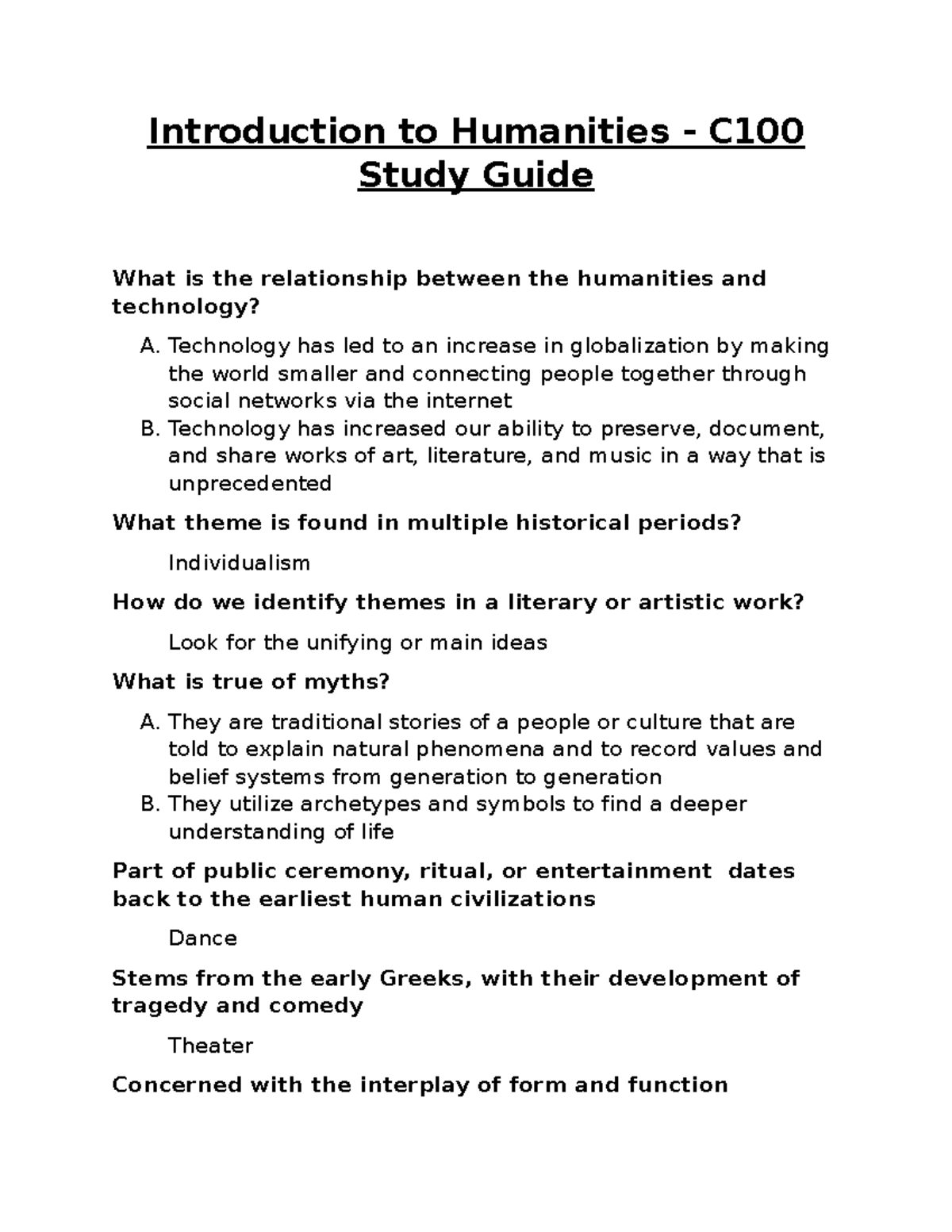Katie Kitamura is a talented author known for her compelling narrative style and ability to probe into the complexities of human relationships. Recently, she released her much-anticipated fifth novel, “Audition,” which has drawn significant attention for its exploration of themes like performance and the nuances of privacy. During her upcoming appearance at a Harvard Humanities event, Kitamura will engage in a conversation with Claire Messud, further delving into her literary journey and the inspirations behind her writing. Her works often draw from real-life events and experiences, making her insights particularly relatable in today’s world. With a keen interest in horror novel inspiration, Kitamura challenges the conventions of genre in her storytelling, making her novels not only thought-provoking but also eerily engaging.
Katie Kitamura, an accomplished novelist, captivates readers with her insightful examination of character and narrative. Her latest work, titled “Audition,” stands out in the literary landscape, particularly for its thematic interplay of performance and identity, resonating with those who appreciate complex storytelling. In a recent discussion at a prestigious Harvard event, she has highlighted how her personal experiences inform the emotional depth found within her novels. Kitamura’s writings often provoke thought on the broader implications of human behavior, and especially her dabble in horror reflects a deeper psychological commentary on modern life. This intertwining of genres not only fuels her creative process but also invites readers to confront their own preconceptions about reality and fiction.
Exploring the Horror Elements in Katie Kitamura’s Novels
Katie Kitamura’s recent novel, “Audition,” marks a significant moment where the author deliberately immerses herself into the realm of horror. The uncanny atmosphere she crafts draws on her previous experiences with different genres. In “Audition,” Kitamura not only explores the depth of human relationships under duress but also introduces suspenseful moments reminiscent of classic horror literature. This intertwining of domestic life with latent horror allows readers to experience the fear of the familiar turning strange, provoking a sense of unease that lingers long after the book is closed. The exploration of identity and motherhood in such unsettling contexts makes her storytelling not just compelling but terrifyingly relatable for many readers, complicating their understanding of family life and its inherent secrets.
Kitamura points to the influences of renowned horror writers like Shirley Jackson and Ira Levin, indicating her intent to subtly challenge the genre’s boundaries. The characters in her New York City setting often grapple with the disconcerting aspects of their lives. By dissecting the seemingly mundane, she exposes the fractures within familial bonds, mirroring life’s unpredictability. This thematic exploration reflects a broader cultural unease, positioning her work not just within the horror umbrella but also resonating with contemporary societal concerns, making it profoundly relevant.
Katie Kitamura’s Literary Journey: From Harvard Humanities to Audience Engagement
As Katie Kitamura prepares for her appearance at the Mahindra Humanities Center at Harvard, her journey as a writer and educator comes full circle. This discussion, paired with her previous works, sprinkles insight into how her literary exploration reflects on the deeper themes of identity and performance in everyday life. Her insights during events profoundly engage audiences, offering a glimpse into the psychological intricacies behind her novels. Kitamura’s ability to communicate her creative thoughts to students and literary enthusiasts showcases her dedication to fostering literary discourse, enabling her audience to connect with complex themes in ways they may not have considered.
At events like these, Kitamura often discusses how her experiences inform her writing. The interactions at Harvard allow her to elaborate on the inspirations behind her novels, including her latest, “Audition.” This engagement with the audience reflects her passion for literature and reveals the essential role of performance in both life and storytelling. By bridging her experiences in academia with her narrative craft, Kitamura becomes a conduit through which audiences can explore the nuanced layers of her work, making her appearances not just an event, but a shared journey into the human experience.
The Impact of Pandemic Experiences on Katie Kitamura’s Writing
Katie Kitamura’s writing is indelibly marked by her experiences during the pandemic, which she openly acknowledges as shaping her latest novel, “Audition.” While the book does not explicitly address pandemic-related themes, the atmosphere of confinement and familial tension resonates with the emotional landscape familiar to many readers today. This subtle intertwining of reality allows her to explore the dynamics of close quarters and the complexities of relationships exacerbated by stressful circumstances. The notion that our lived experiences subtly inform our narratives speaks to the authenticity she embeds in her characters, making them resonate during uncertain times.
Moreover, the pandemic serves as a backdrop that influences her perception and engagement with her craft. Kitamura reflects on how the global situation permeated her writing space, enabling her to capture the essence of fear and uncertainty while exploring the psychological aspects of her characters. This nuanced approach mirrors the contemporary experience of individuals who find themselves grappling with personal and societal challenges, thus resonating deeply with audiences during discussions about her work and the themes she addresses.
Katie Kitamura’s Exploration of Identity and Performance in Writing
One of the defining aspects of Katie Kitamura’s body of work is her unwavering exploration of identity and performance. In her novels, particularly in “Audition,” she investigates how individuals perform different roles in their personal lives and how these performances shape their identities. Kitamura suggests that our interactions with others are fundamentally theatrical, where the lines between authentic self and constructed persona blur. This assertion invites readers to reflect on their dynamics with family and friends, creating an intimate connection that highlights the fragility and complexity of identity.
Kitamura opposes the notion of full transparency in relationships, arguing instead that some aspects of our identity are best kept private. This tension between performance and authenticity serves as a fascinating premise for her narratives, inviting readers to delve deeper into their own lives. By examining moments where the façade falters, Kitamura offers a glimpse into the often-unspoken fear of truly knowing another person, a theme that resonates with anyone navigating the intricate balance of self-disclosure and privacy in their relationships.
The Power of Language in Katie Kitamura’s Fiction
At the heart of Katie Kitamura’s narrative style lies a profound appreciation for language and its transformative power. Through her intricate prose and keen observations, Kitamura conveys complex emotional landscapes that resonate with readers. Her belief in the significance of language, particularly in times of sociopolitical upheaval, echoes throughout her discussions and teachings. By utilizing language with precision and care, she forges connections between her characters and the readers, illustrating how stories can deepen our understanding of ourselves and the world around us.
Additionally, Kitamura emphasizes storytelling’s ability to challenge status quos and provoke thought, reminding her audience that fiction is not merely escapism, but a vital tool for social reflection and change. The art of fiction, as she articulates in her workshops, serves to create bridges between individuals, fostering empathy and understanding where division can often thrive. This conviction frames her writing as both a personal exploration and a collective discourse, illustrating why literature remains an essential part of cultural conversations today.
Katie Kitamura’s Influence: Teaching Writing at a Time of Crisis
As a writing instructor at institutions such as New York University, Katie Kitamura engages with students during a tumultuous time in history. Her workshops challenge aspiring writers to find their voices and convey their experiences through narrative, particularly in an era defined by uncertainty and disconnection. Kitamura inspires her students to see writing as a powerful means of self-expression, capable of navigating complex societal issues and fostering community connections. This mentorship role exemplifies her commitment to nurturing the next generation of writers who can wield language thoughtfully.
Kitamura encourages her students to draw from their lived experiences, asserting that authenticity in writing emerges from vulnerability and openness. This approach not only shapes her students’ writing journeys but also requires Kitamura to remain engaged in her practice, as she continually reflects on her own identity as a writer facing similar struggles. The synergy between her teaching and writing offers rich insights that fuel her literary career and provide invaluable lessons for her students.
Katie Kitamura and the Role of Fiction in Society
Katie Kitamura articulates a potent argument for the necessity of fiction in contemporary society, particularly as it grapples with various crises and challenges. Her belief that books possess the power to provoke thought, inspire action, and initiate meaningful conversations is more relevant than ever. By advocating for fiction’s role in understanding and processing the complexities of the human experience, Kitamura urges readers and writers alike to recognize the ethical weight that storytelling carries. This perspective positions her work within a larger cultural discourse, emphasizing literature’s responsibility to engage with pressing social issues.
Furthermore, Kitamura’s commitment to fiction as an art form serves as a rallying cry for writers and readers to resist the tides of censorship and silence. She highlights how literature can serve as a form of resistance against oppressive forces, reminding her audience that the act of storytelling is inherently political. In her discussions and writings, she champions the idea that those who wield words possess the ability to create connections that transcend barriers, reinforcing the importance of a collective literary voice in times of societal unrest.
Analyzing the Themes of Motherhood and Identity in Katie Kitamura’s Work
Throughout Katie Kitamura’s novels, the themes of motherhood and identity emerge as central motifs, intricately woven into her narratives. In her latest work, “Audition,” these themes are examined through the lens of a mother navigating the frailty of familial bonds and the complexities of her identity as an individual beyond her role as a parent. Kitamura’s portrayal of motherhood often reflects the tensions between societal expectations and personal fulfillment, echoing the struggles many women face in their journeys. This multi-dimensional representation invites readers to consider the societal pressures that shape identity, fostering a deeper understanding of the internal conflicts that arise from motherhood.
Kitamura’s narratives challenge the archetype of the ideal mother, exploring the darker dimensions of motherhood often left unexplored in contemporary literature. By delving into the psyche of her characters, she reveals the fears, doubts, and aspirations that coexist within the experience of motherhood. This exploration not only brings authenticity to her storytelling but also connects with readers on a visceral level. Kitamura’s nuanced approach ensures that her work resonates with a variety of readers, allowing them to reflect on their interpretations of motherhood and their identities.
Katie Kitamura: The Intersection of Literature and Visual Art
Katie Kitamura’s literary endeavors often intersect with visual art, enriching her narrative craft and providing a multi-dimensional experience for her readers. Having a background that appreciates various art forms enhances her writing, allowing her to imbue her prose with vivid imagery and a heightened sense of aesthetics. Kitamura often draws inspiration from visual art, allowing readers to see her characters’ emotions and experiences through a vivid lens that transcends traditional storytelling. This interplay between literature and visual art adds layers of complexity to her work, enabling a richer understanding of her themes.
The marriage of literature and visual art in Kitamura’s novels serves not only as a creative expression but also as a commentary on the human condition. By paralleling the visual and written worlds, she invites readers to consider how both forms influence perceptions of reality, identity, and self-expression. This holistic approach to storytelling resonates with audiences, making her literature accessible while stimulating deeper reflections on the narrative experiences she crafts. Kitamura’s ability to weave these elements into her writing underscores her versatility as a contemporary writer, cementing her place within the cultural sphere.
Frequently Asked Questions
What is Katie Kitamura’s latest novel, and what themes does it explore?
Katie Kitamura’s latest novel is “Audition,” which explores themes of performance, privacy, and the unsettling nature of relationships in midlife. It intertwines elements of horror, reflecting on the complexities of family dynamics within the confines of a New York City apartment.
How did the pandemic influence Katie Kitamura’s writing in ‘Audition’?
Although ‘Audition’ doesn’t explicitly mention the pandemic, Katie Kitamura acknowledges that the novel was written during that time and inadvertently reflects pandemic-related themes, such as confinement and family tensions within a small living space.
What inspired Katie Kitamura’s approach to writing horror in her novels?
Katie Kitamura draws inspiration from classic horror literature, particularly Ira Levin’s ‘Rosemary’s Baby.’ She aims to evoke the uncanny feelings of familiarity that can shift into something frightening, emphasizing how sometimes the known can become strange.
What can attendees expect from Katie Kitamura’s event at Harvard?
At the Harvard Humanities event, Katie Kitamura will engage in a conversation with Claire Messud, discussing her novel ‘Audition’ and her perspectives on writing, performance in literature, and how these themes relate to contemporary societal issues.
What are the central themes of Katie Kitamura’s novels?
Katie Kitamura’s novels often explore the themes of identity, performance, the unpredictability of relationships, and the nature of truth. Her works critically examine how individuals navigate their lives through the lens of various social roles and personal secrets.
In what ways does Katie Kitamura’s work reflect her background in English literature?
Katie Kitamura’s strong foundation in English literature informs her writing style and thematic choices, allowing her to deeply engage with language and its nuances. This background enhances her ability to produce layered narratives that provoke thought and connection among readers.
What is the significance of the title ‘Audition’ in Katie Kitamura’s latest book?
The title ‘Audition’ reflects the themes of performance and identity within the novel. It symbolizes the central character’s journey through the complexities of acting, both on stage and in personal relationships, highlighting the malleability of self-perception.
How does Katie Kitamura perceive the role of fiction in today’s socio-political climate?
Katie Kitamura believes fiction is crucial during turbulent times, as it provides a lens to observe reality and imagine alternative possibilities. She emphasizes the power of literature to connect individuals and critique societal issues, making it an important tool for change.
| Key Points | Details |
|---|---|
| Event at Harvard | Katie Kitamura will be in conversation with Claire Messud on April 21, 2025. |
| Latest Novel: Audition | Published earlier this month, it explores midlife uncertainties through the lens of horror. |
| Theme of Performance | The central character is an actor, reflecting on the performances people put on in their lives. |
| Pandemic Influence | Written during the pandemic, the novel reflects themes of confinement and family dynamics. |
| Importance of Fiction | Kitamura sees fiction as powerful, especially in times of crisis, helping to imagine new realities. |
Summary
Katie Kitamura’s insights into the nature of storytelling reveal her profound understanding of human relationships and the complexity of identity. Her latest novel, “Audition,” intricately weaves themes of performance, uncertainty, and the subtleties of personal privacy, making her conversation at Harvard an event to look forward to. Kitamura’s engagement with horror as a genre invites readers to reflect on their own perceptions of reality, providing depth to the narratives she crafts. In a world increasingly shaped by division, her emphasis on the power of fiction and connection resonates deeply, positioning her work as not just artistic but also essential.


